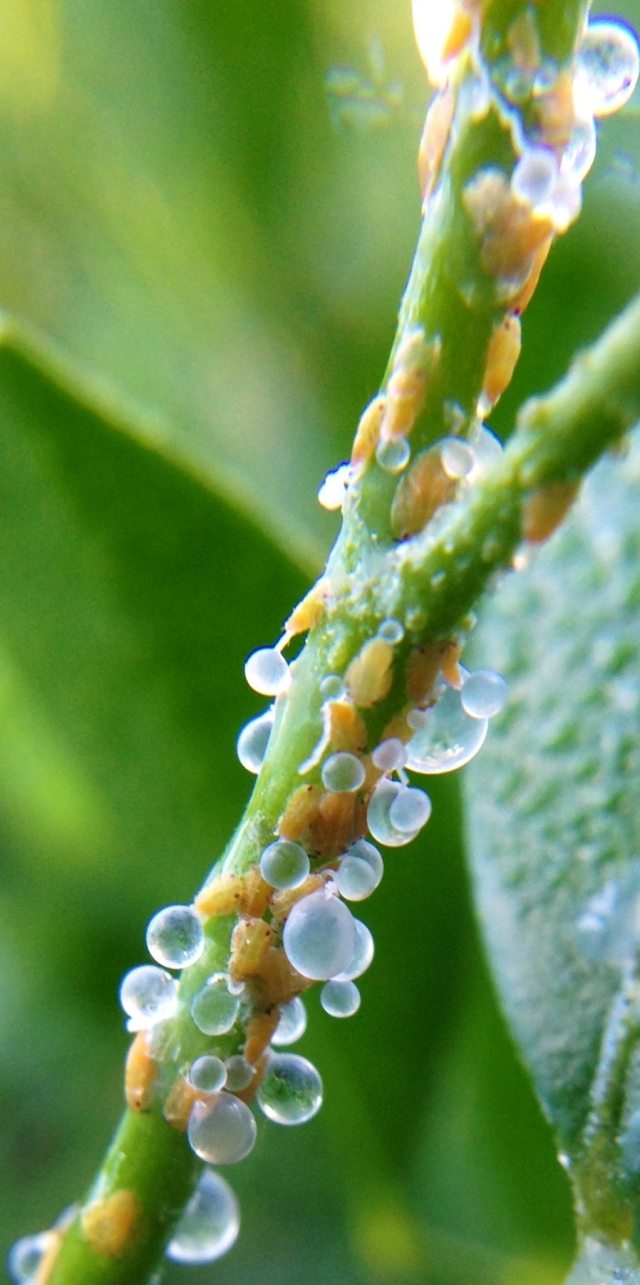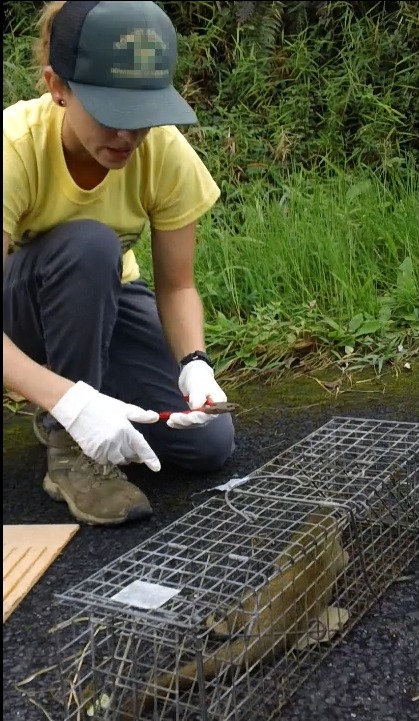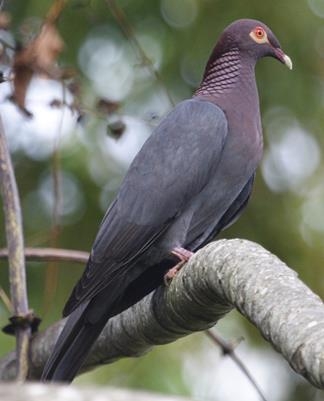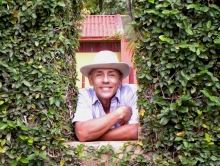El Acceso a la Electricidad como un Derecho del Ser Humano
Por: Amy Orta Rivera
Amy posee una maestría en Derecho y Política Ambiental de Vermont Law School y un bachillerato en Geografía Ambiental de la Universidad de Puerto Rico, Recinto de Río Piedras.
El 21 de septiembre de 2016, parte de la población de Puerto Rico presenció un apagón que para sorpresa de 1.5 millones de personas duró tres días. En Estados Unidos un sistema de producción, transmisión y distribución de energía eléctrica se considera confiable cuando ocurren apagones en una razón de 1 en 10 años. Basados en nuestra experiencia diaria sabemos que el sistema eléctrico de Puerto Rico no cumple con los estándares ya mencionados.








